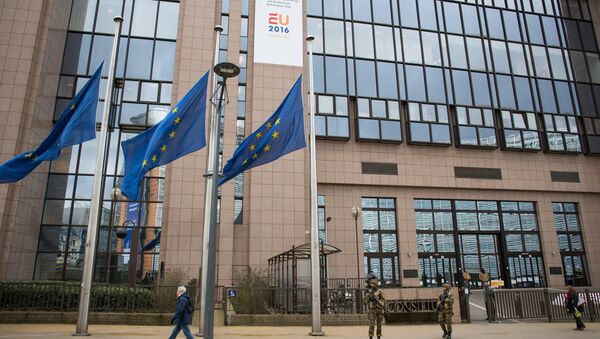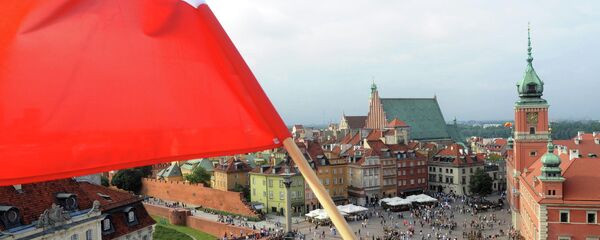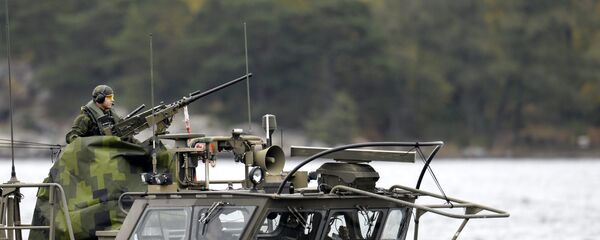MOSCOW (Sputnik) — According to the resolution, the EU countries are set to spend 2 percent of GDP on defense.
"Terrorism, hybrid threats and cyber- and energy insecurity leave EU countries no choice but to step up their security and defence cooperation efforts, thus paving the way to a European Defence Union," the EU Parliament said in statement.
The resolution stipulates establishing multinational forces and special EU headquarters responsible for planning and commanding crisis management operations, enabling the European Union to act in the areas where NATO is not willing to do so.
The EU parliamentarians called on member states to work together to respond faster to the emerging threats, to pursue joint purchases of necessary equipment and transport, to elaborate "common Union defense policy and to provide additional financial resources ensuring its implementation."
The resolution on the European Defense Union was approved by 369 votes to 255, with 70 abstentions.
The first discussions on improving EU security system via creating Defense Union began in September 2015, when the EU defense ministers discussed the proposal on elaborating a White Book on defense. In June and July, new strategies were presented to the European Council, while a draft report on the European Defense Union was voted by the European Parliament's Committee on Foreign Affairs in late October.
The security situation in Europe has significantly worsened in recent years due to terrorism spread, Daesh (banned in Russia) terrorist group rise, migrant crisis, cyber and energy insecurity.
Despite stronger measures to boost security, more European cities became targets of terrorists as a wave of attacks has occurred in Europe. A series of nearly simultaneous bomb and gun attacks in Paris in November 2015 killed 130 people, while a truck attack in Nice on the Bastille Day in July left 86 people dead and prompted France to extend the state of emergency for six months. On March 22, a series of blasts hit Brussels Airport and a metro station located near the EU institutions in the center of the city, killing 32 and injuring over 300 people.




